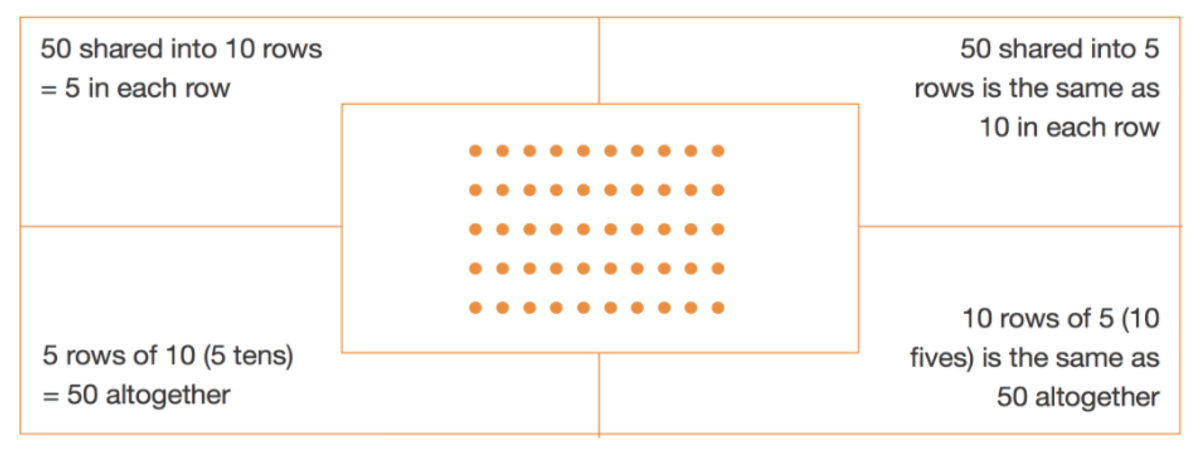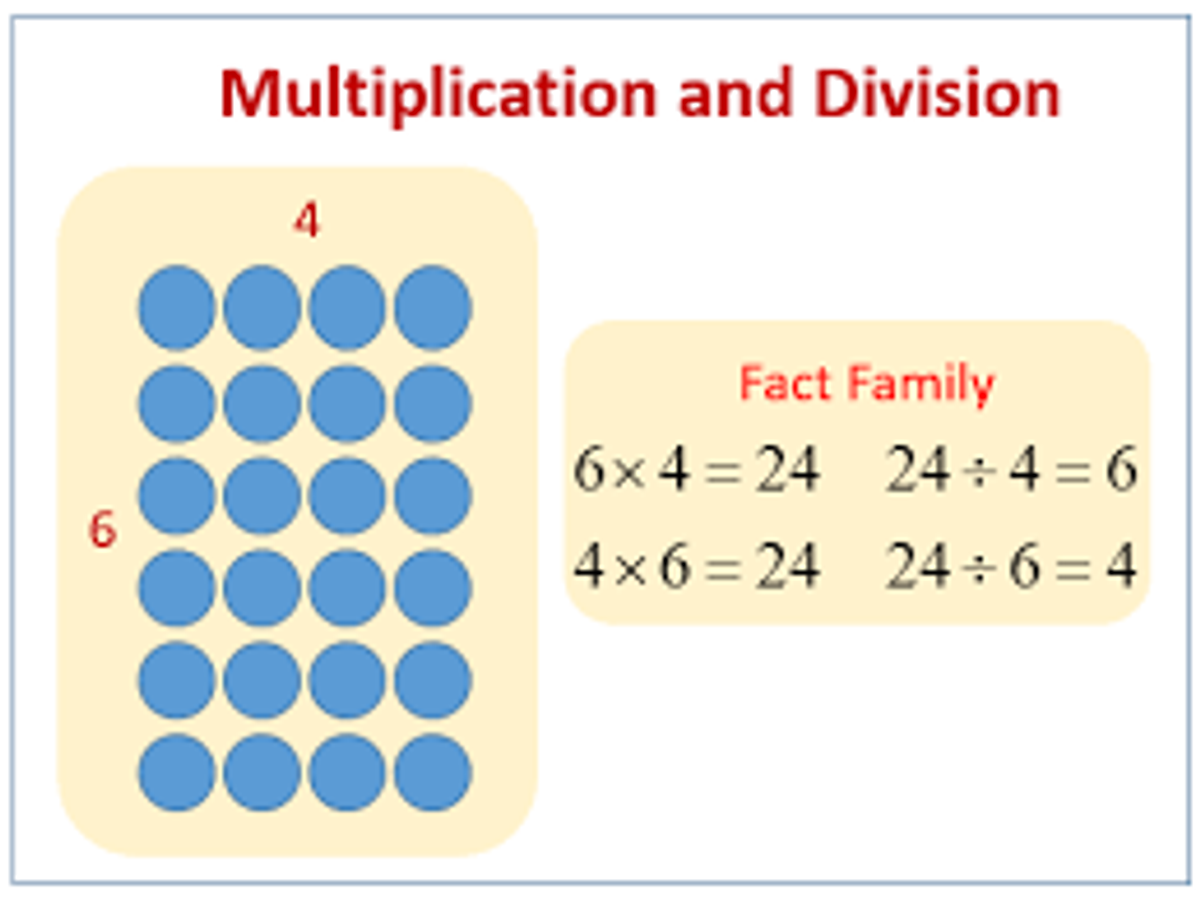The Learning Zone
"Learning is a treasure that will follow its owner everywhere." - Chinese Proverb

The Learning Zone
"Learning is a treasure that will follow its owner everywhere." - Chinese Proverb
"Coming together is the beginning, staying together is progress,
and working together is success." - Henry Ford
Last week, all students in Years 3 and 5 will received their NAPLAN student report to take home. Please click on the button below to access an information sheet for parents and carers. This information sheet answers frequently asked questions such as:
The three minute video below explains how to read the NAPLAN Individual Student Report.
Please email Miss Sampson esampso1@arm.catholic.edu.au if your child is in Stage 2 or 3 and they would like to enter this national online competition.


ENGLISH 📝
Kindergarten English Parent Guide
Stage 1 (Years 1-2) English Parent Guide
Stages 2 & 3 (Years 3-6) English Parent Guide
MATHEMATICS 📊
Kindergarten Mathematics Parent Guide
Stage 1 (Years 1-2) Mathematics Parent Guide
Stages 2 & 3 (Years 3-6) Mathematics Parent Guide
What is happening in the world of mathematics at St Joseph's? Let's take a look!
Please see the information below to assist your child at home.
Maths At Home:
Kindergarten - Whole Number
Kindergarten continue working on whole number to begin this term. Counting is an important foundation for future number work. Students can count a group of objects or their toys. What numbers can you recognise, read and say?
Stage 1 - Multiplication
It is all about skip counting and making equal groups in Stage 1 for the next two weeks. Parents are encouraged to skip count by 2's, 3's, 5's and 10's and to make a variety of equal groups with their children.
The links below are skip counting songs:
Arrays: Look at what we know about this array.


Stage 2 - Division
Stage 2 have commenced their next unit recalling their understanding of factors. Please use the link below to assist your child with division.
Four easy ways to practise division at home
Arrays: Use this image from ‘Array’s Bakery’ to link multiplication and division fact families using arrays. For example:
4 rows of 2 is 8 4 x 2 = 8
2 columns of 4 is 8 2 x 4 = 8
8 shared into 4 rows is 2 8 divided by 4 = 2
8 shared into 2 columns is 4 8 divided by 2 = 4




Stage 3 - Multiplication
Grocery Shopping: Ask your child to calculate the total cost of multiple items or compare prices to determine better deals.
Cooking: Use recipes to illustrate multiplication, such as doubling a recipe or dividing it into portions.
Use highlighters to mark important information. Word problems are overwhelming, but you can help your child break the problem down by only highlighting the parts of the problem that are important. Teach them to highlight important numbers and key phrases in math problems so they can focus on what matters.
Mr Lee bought 250 ducks for $60 each and 14 geese for $34 each. How much will Mr Lee have to pay?
A carton contains 228 oranges. If Jess ordered 21 boxes, how many oranges will she receive?
Talk about and use in everyday situations all the different language that is used for the four operations (addition, subtraction, multiplication and division).
Real-World Scenarios: Incorporate multiplication questions into daily activities, like setting the table (e.g., "If each person gets 3 pieces of cutlery, how many pieces do we need for 4 people?").
Have a wonderful week of learning!